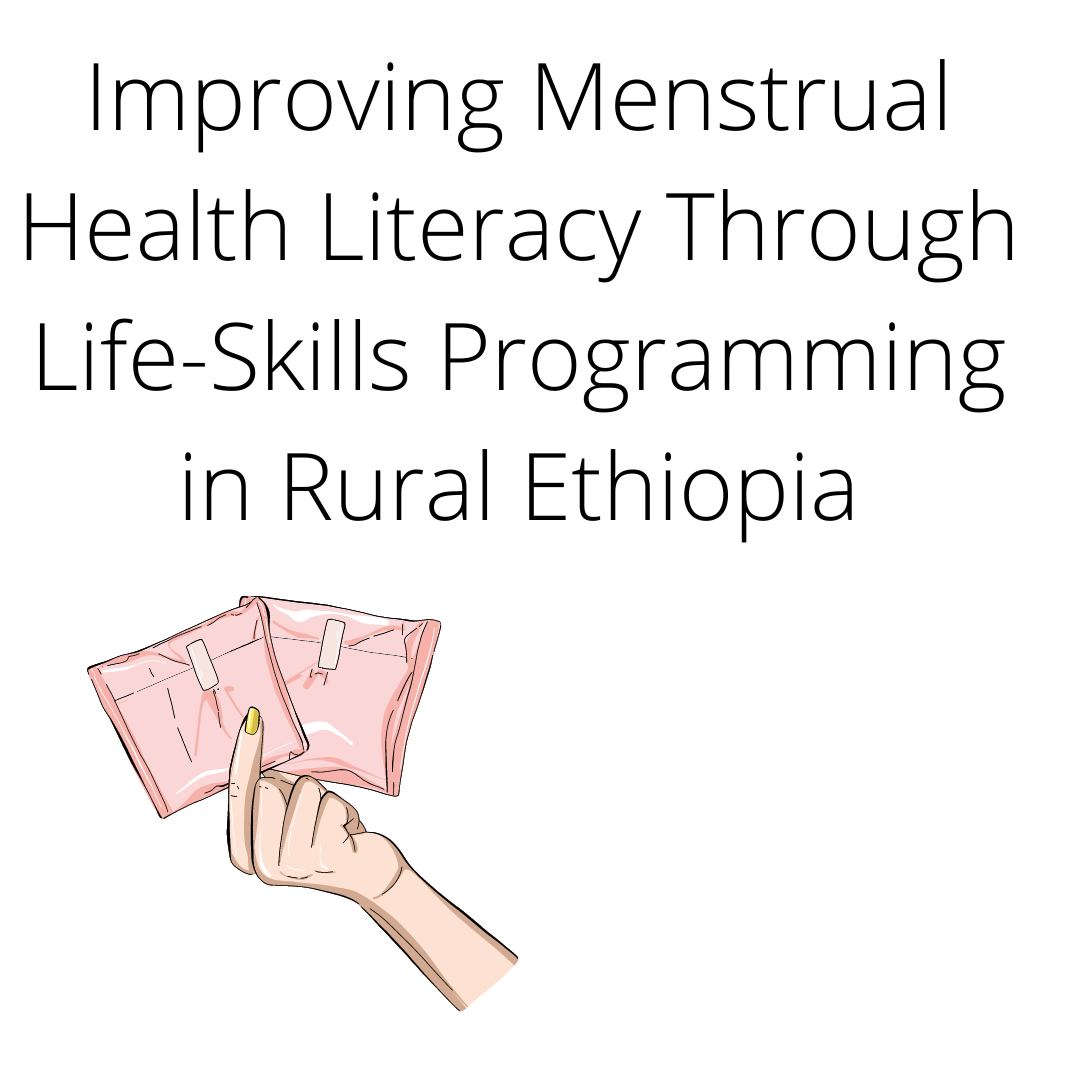Improving Menstrual Health Literacy Through Life-Skills Programming in Rural Ethiopia
Despite its cultural and biological importance, limited knowledge about menstruation and cultural taboos in many contexts means that menarche often brings fear and stigma. In Ethiopia, in the context of this paper, lack of knowledge and the stigma around menstruation create challenges for adolescent girls related to menstrual hygiene management and their reproductive health more broadly.
This paper uses a cluster-randomized controlled trial (CRCT), with 97 communities (kebeles) randomly assigned to treatment or control, to assess the impact of a gender-transformative life-skills intervention [Act With Her-Ethiopia (AWH-E)] on the menstrual health literacy of very young adolescent girls and boys (10–14) in two diverse regions of Ethiopia (South Gondar, Amhara and East Hararghe, Oromia).
The evaluation employs a longitudinal mixed-methods design, with baseline data collected in late 2017/early 2018 and follow-up data collected in late 2019/early 2020. Quantitative surveys were undertaken with 2,492 very young adolescents and their primary caregivers and complemented by qualitative interviews with 291 adolescents and their caregivers, as well as 96 key informants at community and district levels. Our quantitative findings highlight large and statistically significant improvements in norms around menstruation, knowledge about menstruation and biological function, and knowledge and behavior related to menstrual hygiene management, but with important differences by location and gender.
Qualitative findings further unpack these gender and regional differences, highlighting the importance of adapting programming to the local context and, where possible, connecting to other health and gender initiatives. This analysis helps fill the evidence gap on “what works” to improve menstrual health literacy in rural low- and middle-income contexts.
